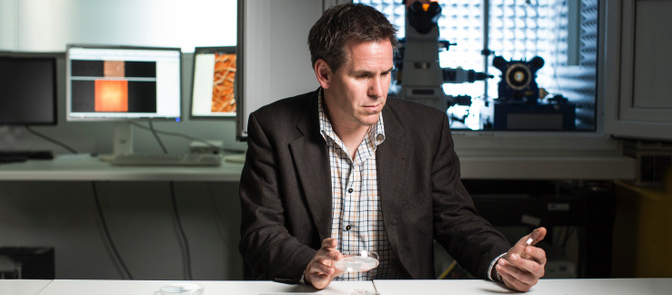ANFF-VIC introduces new Director

Professor Nicolas Voelcker has been introduced as the Director for the Victorian Node of the Australian National Fabrication Facility (ANFF-VIC) and the Scientific Director for the network’s flagship facility, the Melbourne Centre for Nanofabrication (MCN).
Professor Voelcker has said he intends to use his new positions to help blend Victoria’s businesses and research into a leading centre for research, innovation and commercialisation.
Professor Voelcker is also currently a Professor at the Monash Institute of Pharmaceutical Sciences (MIPS) at Monash University and Science Leader at the CSIRO.
With more than 300 peer-reviewed articles and book chapters to his name, Professor Voelcker is a leader in his field of biomaterials engineering. He brings with him a team of around 30 researchers and advanced bioengineering equipment.
Nico's key research interest lies in the fabrication and surface modification of porous semiconductor materials for applications in biosensors, biochips, biomaterials and drug delivery.
A core research activity in his laboratory is the study of porous silicon based nanostructures and their surface chemistry. A current focus is the development of new nanostructured materials for biosensors, biochips, biomaterials and drug delivery.
The ANFF-VIC node houses the tools and expertise required to devise, develop and deliver the next generation of technological advances. The group is part of the wider NCRIS-funded ANFF network which offers open-access nano- and micro-fabrication capabilities to academic and industry users from around the globe.
“ANFF-VIC and MCN are key elements in a thriving manufacturing and materials science and innovation precinct,” Professor Voelcker said.
ANFF-VIC and, in particular, the MCN are surrounded by Australia’s leading technology companies, the Australian synchrotron, various flagship facilities, such as the Biomedical Materials Translational Facility, and is in the vicinity of The Victorian Heart Hospital (currently under construction).
The node provides access to equipment and expertise located at CSIRO Manufacturing, Deakin University, La Trobe University, RMIT, Swinburne University of Technology, the University of Melbourne, Monash University, and at MCN.
“I aim to drive the exploitation of partnerships across this outstanding research landscape as well as nurture start-up activities in the medical technologies sector,” Professor Voelcker said.
“My ambition is for ANFF-VIC and the MCN to operate as one of the top nanofoundries in the world,” he concluded.


